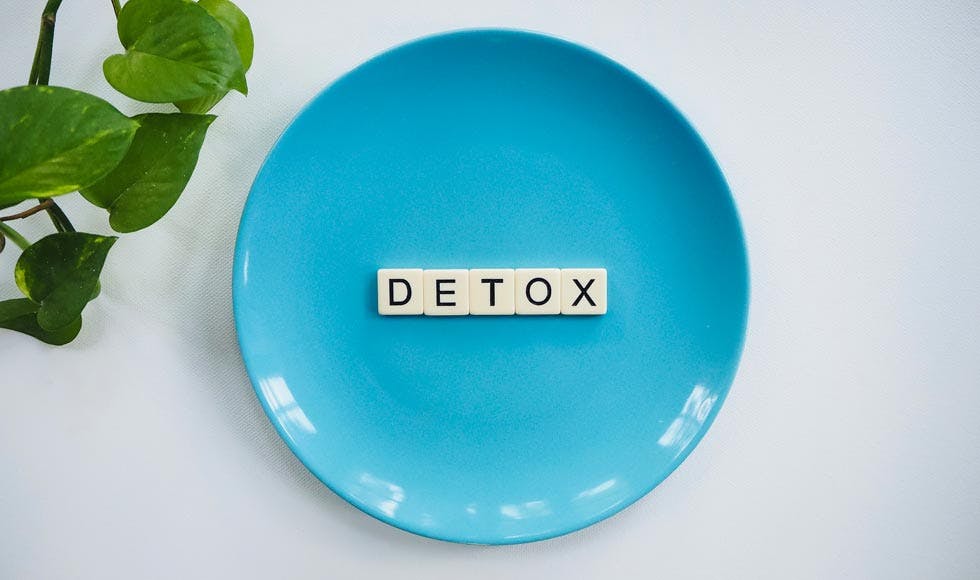Artificial sweeteners are used to increase the sweetness of a variety of foods and drinks while significantly lowering or eliminating their kilojoule content.
The intention is to help people satisfy their sweet tooth while reducing the impact on body fat levels, tooth decay and blood sugar levels.
But while the intentions may seem good, there is a growing body of evidence to suggest that the benefits may come at a cost to your health. In fact, recent research has discovered a link between diet soft drink consumption and long-term weight gain.
Could artificial sweeteners actually do the opposite of what they set out to do and trigger fat gain instead of fat loss?
The research
An epidemiological study conducted on more than 3600 participants over eight years examined the relationship between body weight and artificially sweetened drink consumption, including soft drink, tea and coffee.
The researchers suggested that the body mass index (BMI – used to determine the healthy weight range for your height) of those who consumed artificially sweetened beverages was 47% higher than non-users.
The researchers also found a positive dose-response relationship, where the more artificially sweetened beverages the participants consumed, the greater the increase in BMI.
According to the researchers, epidemiological studies don’t necessarily identify a direct cause; there may be a positive-dose response relationship because diet beverage use may be a marker for individuals already on weight-gain trajectories. But the study does raise some doubts that warrant further investigation.
In fact, members of the same research team conducted an additional study looking at diet soft drink consumption and waist circumference over 9.5 years. They found that diet soft drink users experienced 70% greater increases in waist circumference compared with non-users.
Frequent users (classified as having 2 or more diet soft drinks a day), experienced an average increase in waist circumference that was 500% greater than those of non-users. Waist circumference is considered a major risk factor for a number of lifestyle diseases and chronic conditions. The researchers believe that diet soft drink may not necessarily be a healthy alternative to sugar-sweetened soft drink.
Lifestyle solutions
While more research is needed, the consequences of consuming artificially sweetened drinks may outweigh the benefits of a reduced kilojoule intake.
It may ultimately prove wise to cut back on, or eliminate, artificially sweetened beverages from your diet if your goal is to reduce body fat. The following tips are a guide to the best beverage choices for weight control.
Drink water instead of sugary beverages and artificially sweetened drinks. Aim for 6-8 glasses every day, adding an additional glass or two if the weather is hot, if you sweat a lot, or if you work in an air-conditioned office.
- If you don’t like plain water, add a wedge of lemon, lime or orange.
- Give your taste buds 4-6 weeks to adjust to the reduced sweetness in your diet. Over time, it’s likely you will miss it less, just like someone who cuts sugar out of their tea and coffee.
- If you do enjoy artificially sweetened drinks, do so in small amounts, and be aware of a possible increase in hunger levels afterwards.
Natural is best
The studies mentioned above raise some questions about the health benefits of artificial sweeteners. They highlight the importance of using natural health solutions when looking to improve your wellbeing. They also support Blackmores’ holistic approach in avoiding the use of artificial sweeteners. Sometimes, it’s just as important to focus on what doesn’t go into a product instead of just focusing on what does go in.
References available on request






